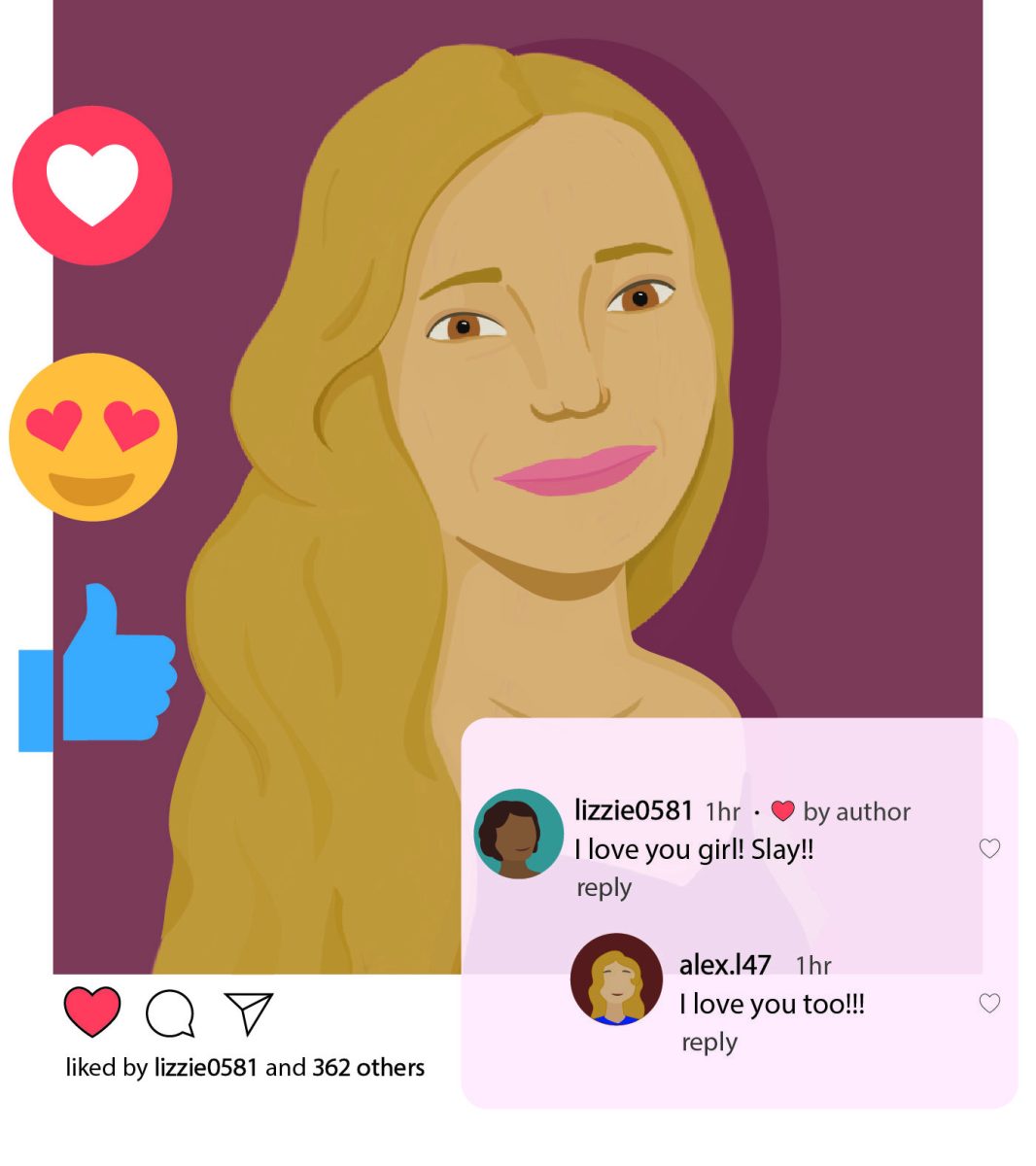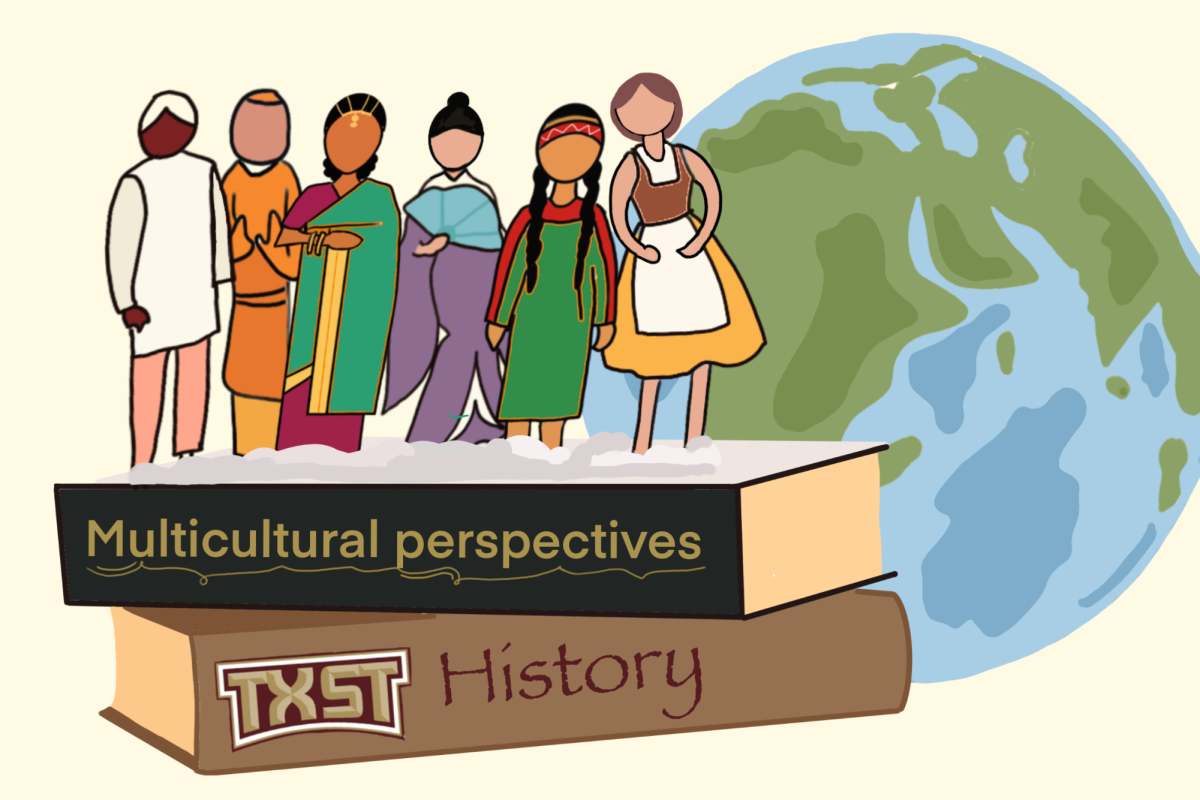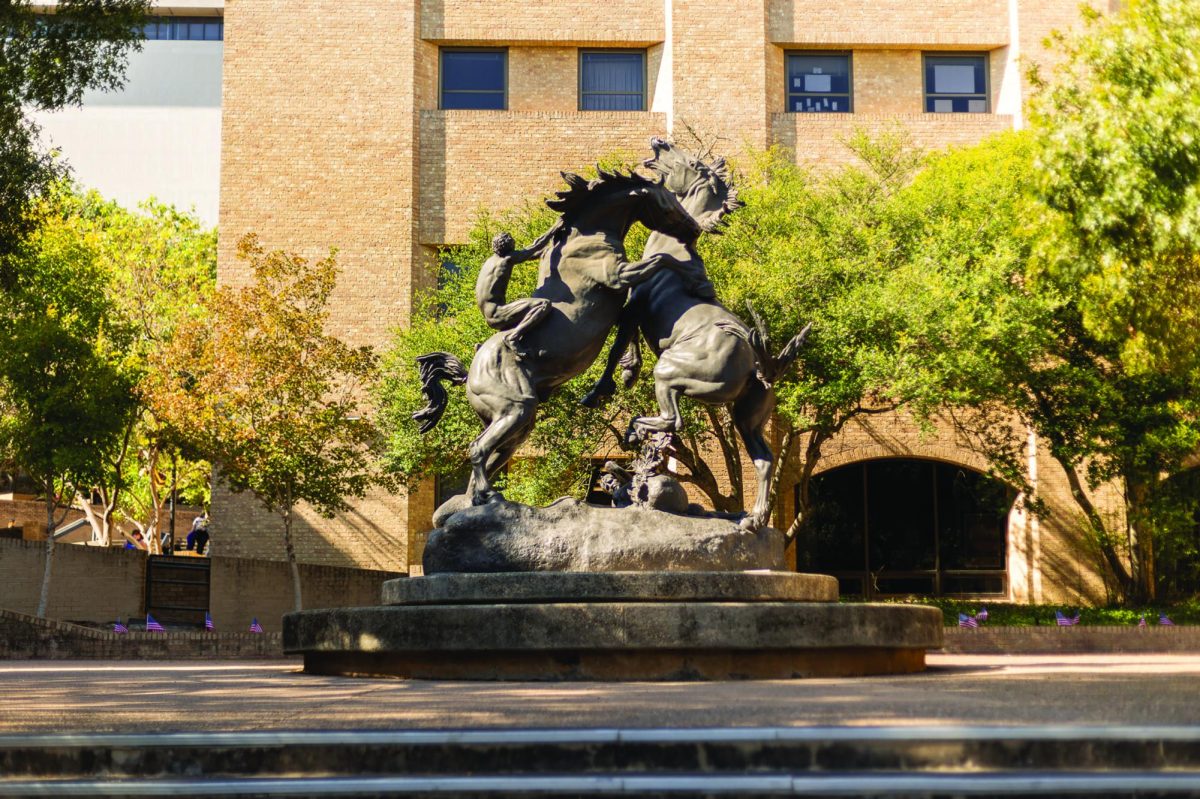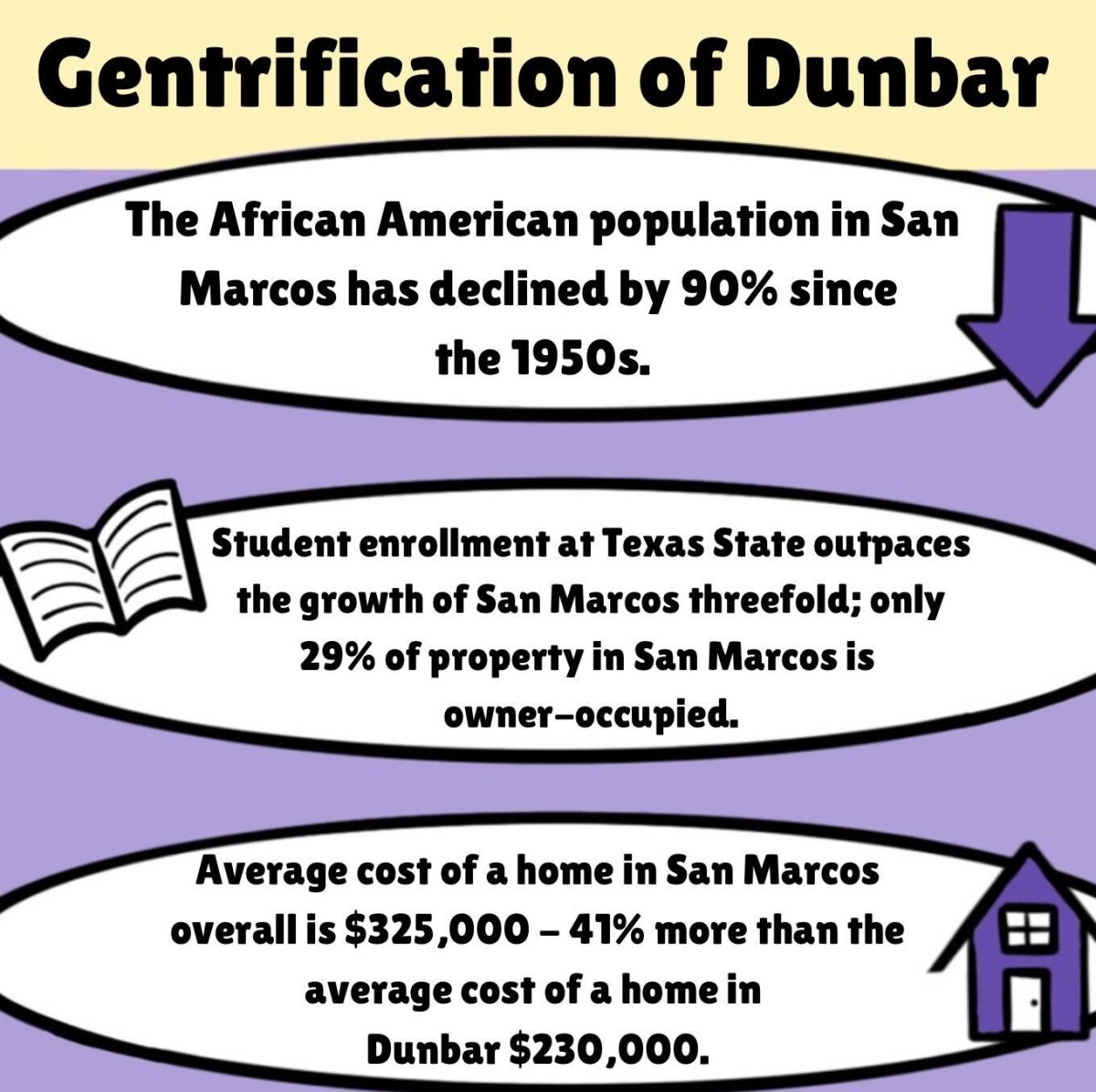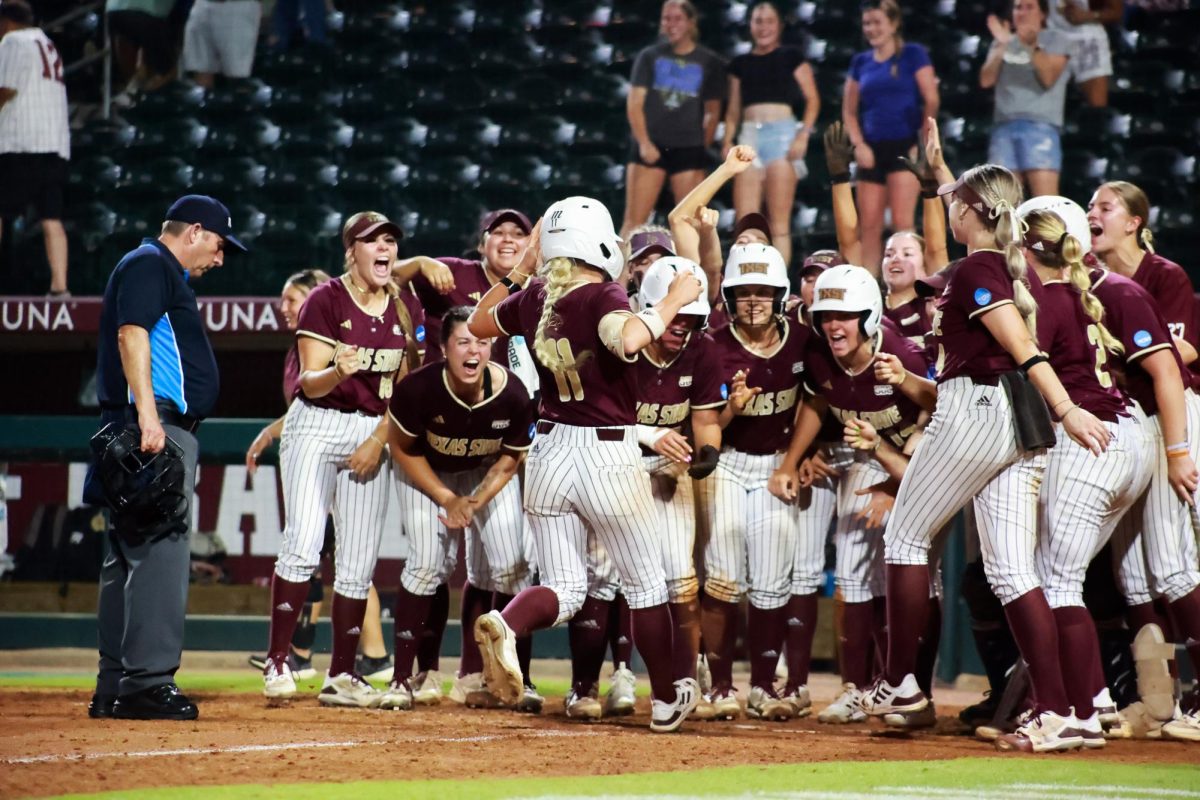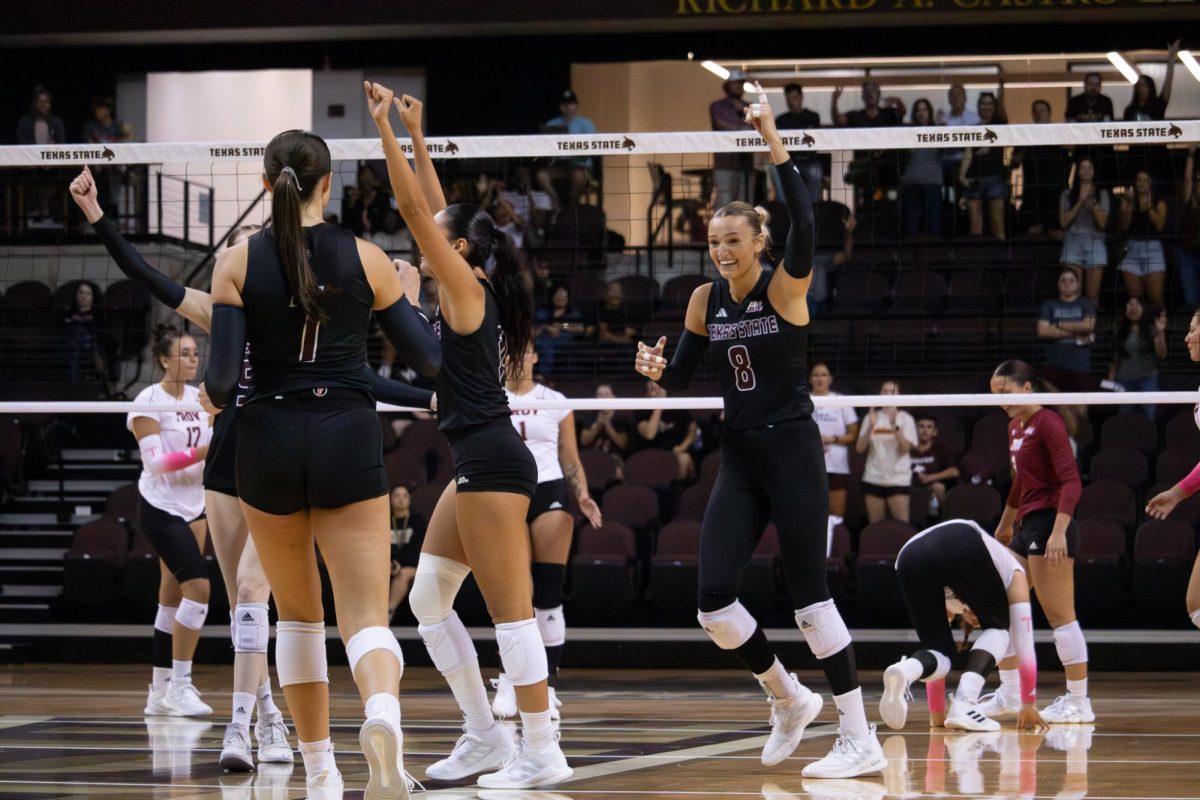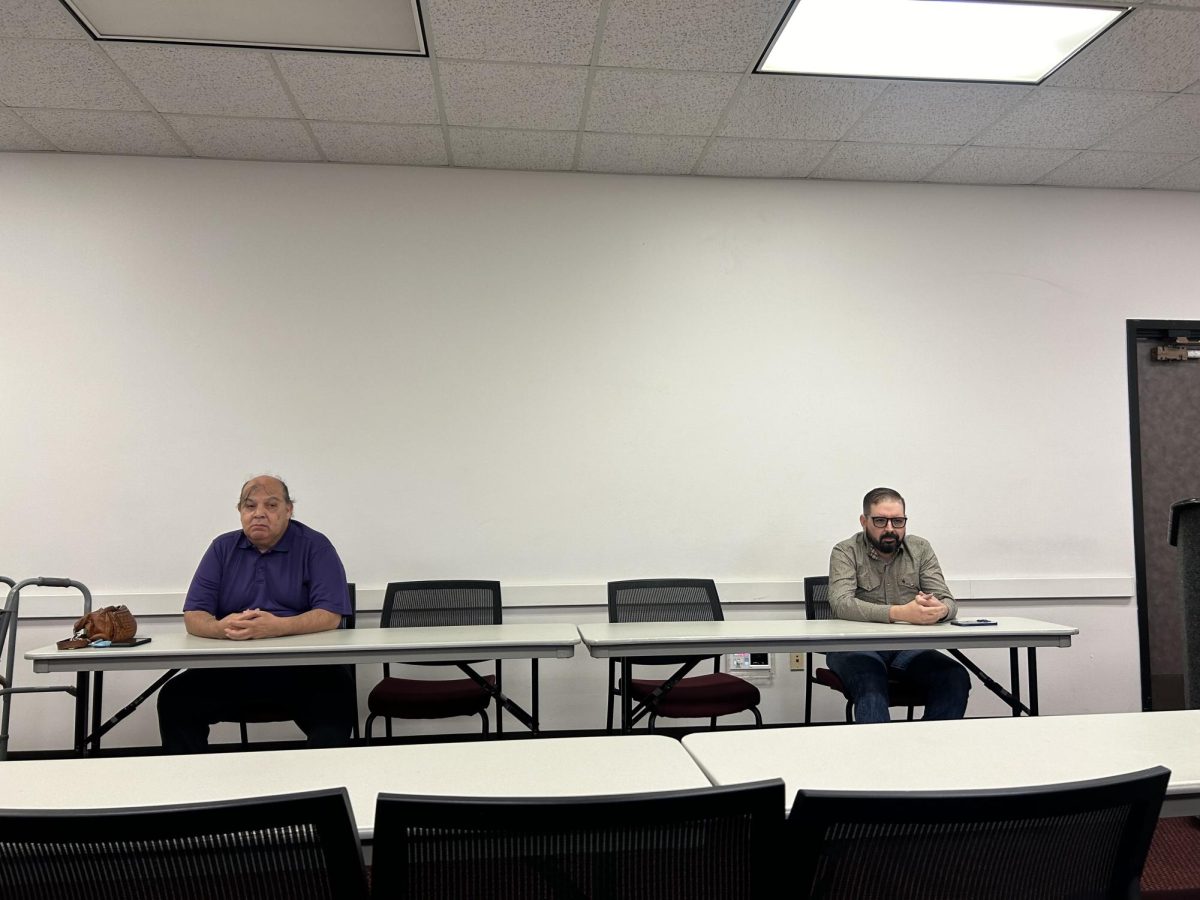Although social media is often considered negative, it’s a good tool for students to utilize to make friends and stay connected on campus. Social media has positive effects on mental health, decreases loneliness and increases productivity, according to a 2022 study from the National Center for Biotechnology Information (NCBI).
One of the main concerns social media brings upon users is mental health decline. McLean Hospital stated social media is “associated with anxiety and depression.” However, a study conducted by Harvard University in 2020 shows if used correctly, social media can improve mental well-being.
The Harvard research found “using social media as part of everyday routine and responding to content others share is positively associated” with social well-being, positive mental health and self-rated health.
Halee Hightower, an outdoor recreation junior, said the impact of social media on her mental health depends entirely on situations in her life.
“If I’m having a great week, [social media is] more inspiring,” Hightower said. “But, if I am having a bad week, I find that social media definitely makes my life a little bit harder. It’s not social media’s fault, though; I just realize I need to focus on myself instead of being on my phone.”
It’s not uncommon for a person to be motivated after watching an influencer explain their steps to becoming successful or watching another person achieve a goal. Social media can inspire students to start personal journeys.
Hightower said social media boosts her motivation to work toward her goals and gives her ideas for staying connected with friends.
“Social media positively impacts my life,” Hightower said. “It also inspires me to get out and make new friends and gives me ideas for fun things to do.”
Social media also welcomes the opportunity to combat loneliness. According to the Pew Research Center, social media is a great way to connect and make new friends through common interests. It allows people to stay in touch and “feel support from friends during tough times.”
Regarding social media usage, 13 to 17-year-olds and college students are not alike. The Pew Research Center said 76% of teens use social media, while the NCBI says over 98% of college students use social media. Another study from the Pew Research Center shows college students are “more prone to loneliness,” making the use of social media to gain friendships a way to solve this loneliness.
Circa, an app used to foster location-based connections, launched in 2020 and was available at Texas State in 2022. The app allows students to connect with their campus community. Texas State also has numerous Facebook, Instagram and Snapchat groups, giving students opportunities to find friends, roommates, jobs and more.
Another common perception of social media is it causes people to be less productive and dormant.
According to the NCBI, social media usage increases productivity through effective, widespread communication within a company. This research found that a company could use social media to check statistical analyses of its performance and communicate with clients more effectively.
Social media is not ruining students’ lives, it is their misuse that is disastrous. It can be a powerful tool if students learn to use it in moderation.
-Emma Hall is a journalism junior
The University Star welcomes Letters to the Editor from its readers. All submissions are reviewed and considered by the Editor in Chief and Opinions Editor for publication. Not all letters are guaranteed for publication.


